Last week, we kicked off my three part series on how to fuel your body for optimal athletic performance by discussing pre-race nutrition. This week we’ll talk about the ever-confusing subject of what to eat during a long training workout or endurance event. Experiment with different options before running your marathon, cycling your century, or attempting a triathlon to find what foods work best with your body chemistry. Again, remember that fuel should be a balance of nutrients, energy (calories), taste, digestion, budget and convenience.
How to FUEL your body for optimal athletic performance: Part 2 – What to eat during your training workout or endurance event
(Adapted from The Thrive Diet, by Brendan Frazier)
1. Consume mostly liquid or easy-to-digest foods like gels. Solid food takes more energy and blood to digest than liquid, leaving you with less fire for movement and power. Solid food is also more likely to cause intestinal distress, which can ruin a race. Except for ultra-endurance events, skip the solids. Natural, homemade options to try are:
- 10 oz of coconut water blended with 1 small banana (hello electrolytes!).
- 10 oz of water, 2 Tbs maple syrup or honey, and 1 Tbs chia seeds,
- 2 dates squished up with 1 Tbs of your favorite natural nut butter.
2. For all workouts, take in 4-6 oz of water every 10-20 min. Your goal is to replace most of what you lose in weight, so if you want to get precise, you can figure out what you lose during a standard workout and drink the exact amount you need to replace it. This is a good rule of thumb if you don’t want to go through the trouble. Tip: taking big gulps helps water clear the stomach faster, so if you don’t like that sloshing feeling, chug. Also, don’t wait until you’re thirsty to drink. Stay ahead of dehydration by taking every opportunity to ingest water, even if it’s just a little bit here and there.
3. Get 500 milligrams of sodium with every 16 oz you drink. When you sweat, you lose electrolytes, and that puts you at risk for hyponatremia if you hydrate without replacing them. For those of you making your own drinks and gels, 500 milligrams is a little less than the amount in a quarter teaspoon of salt.
4. For workouts and races lasting over an hour (and up to 4 or 5 hours), you need 30-60 grams of carbohydrate per hour. You can find where you fit in that range by dividing your body weight in pounds by 4 to get a minimum hourly carbohydrate requirement, in grams. You can give your body what it needs with a sports drink or a combination of energy gel and water. A little bit of protein, in a 4:1 carb-to-protein ratio, may help minimize muscle damage during endurance events.
5. For anything lasting much more than 5 hours, the nutrition focus shifts to fat, with a smaller amount of carbohydrate.



